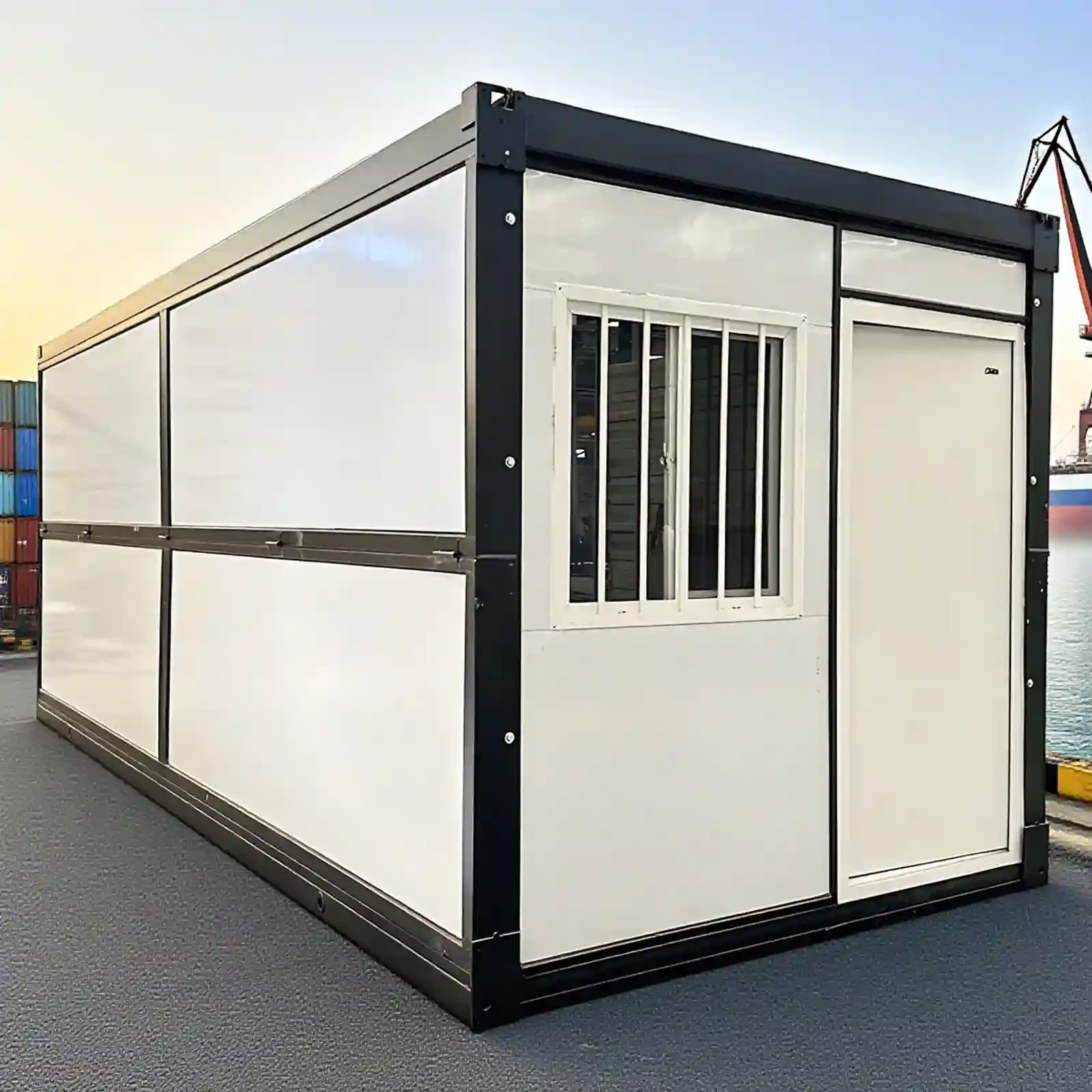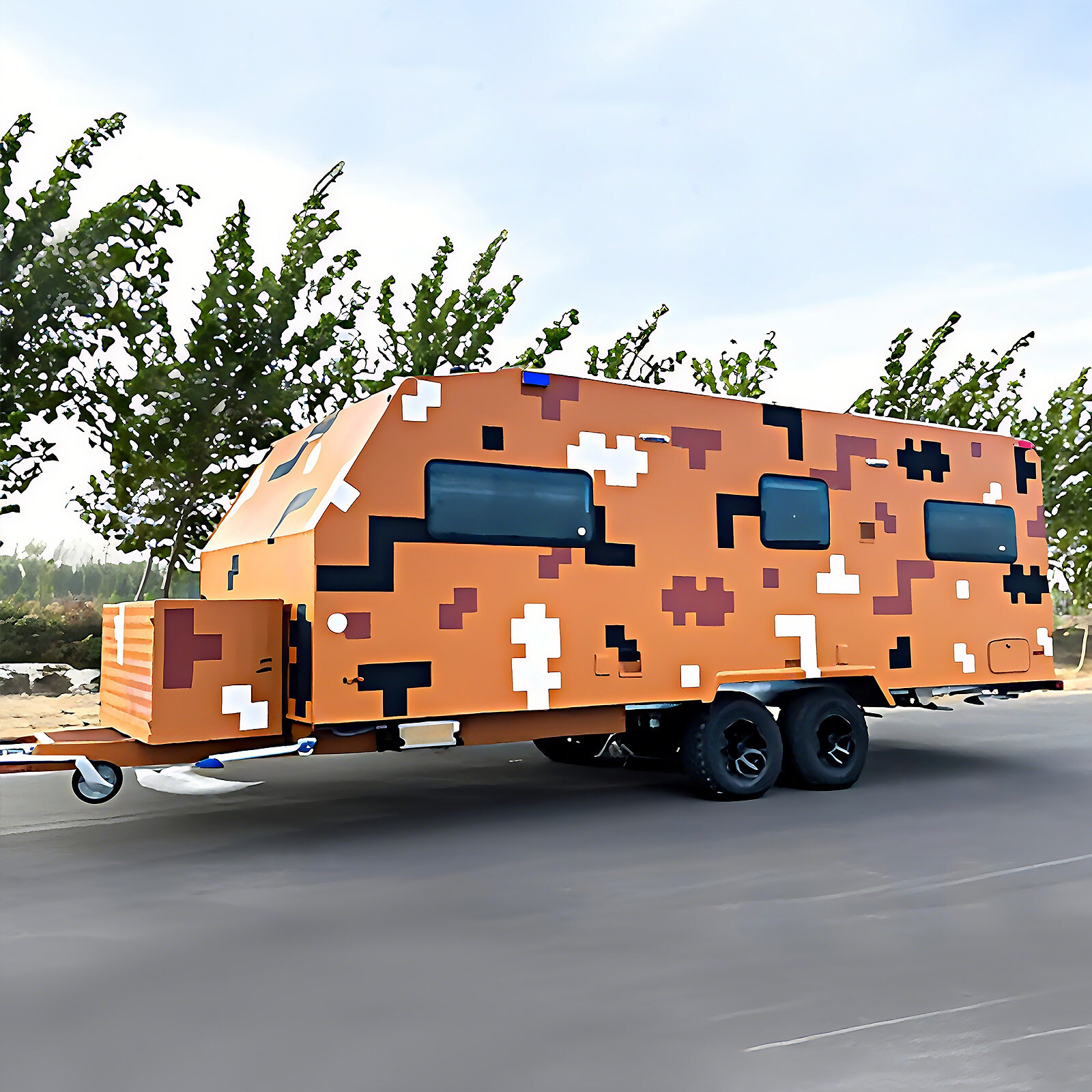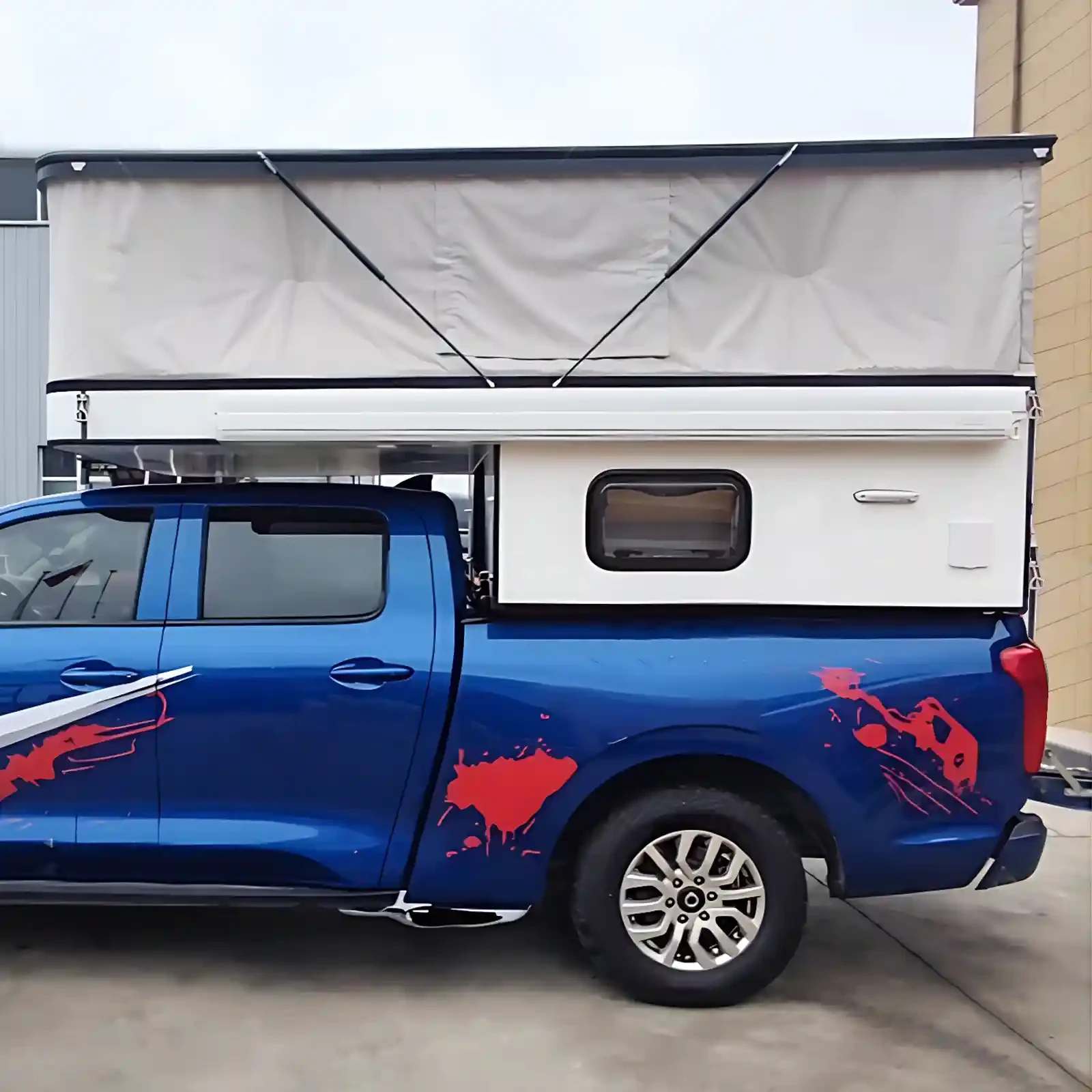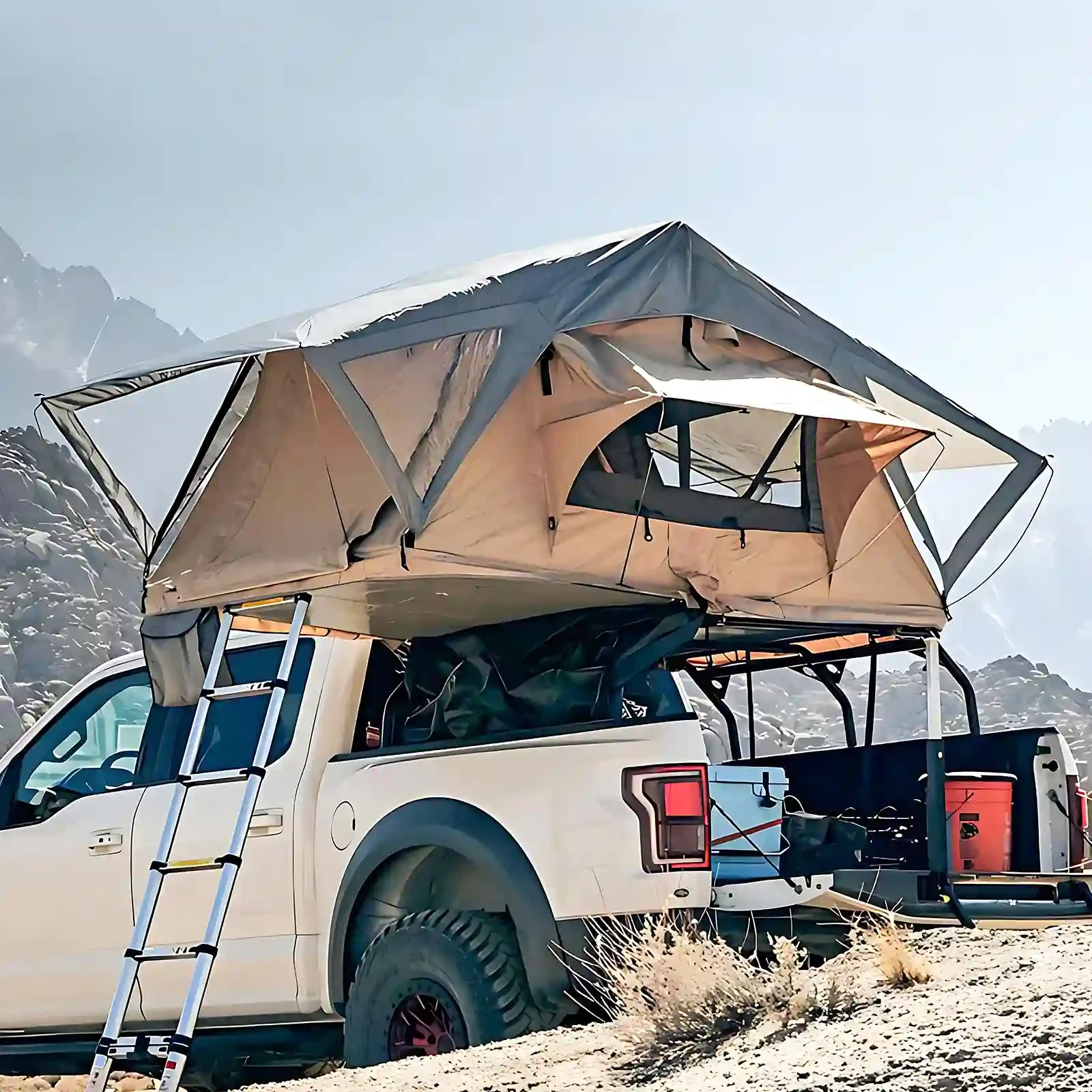China Hydropower Construction Group recently secured a major overseas medical infrastructure contract, officially signing a contract with the Peruvian National Health Investment Program for the design and construction of a highly complex hospital in the Piura region of Peru. The contract is worth a staggering $6.568 billion. This cooperation not only represents a significant breakthrough for Chinese infrastructure companies in the overseas medical field but will also inject crucial momentum into the upgrading of medical resources in northern Peru.
According to the project announcement, the hospital is located in Piura, northern Peru, covering a total area of 37,780 square meters (approximately equivalent to 5.3 standard football fields) and a building area of over 98,000 square meters. The plan includes four comprehensive buildings integrating medical treatment, medical technology examinations, and administrative offices. Upon completion, it will be equipped with 387 inpatient beds, 15 modern operating rooms, and will incorporate internationally advanced high-end medical facilities such as radiotherapy and nuclear medicine. The total construction period is 1080 days (approximately 3 years), with a defect liability period of 52 weeks. Its overall scale and construction standards are among the best in similar projects in Peru.
It is noteworthy that with the implementation of such large-scale overseas infrastructure projects, the number of Chinese workers being sent abroad will also increase accordingly—this hospital project alone is expected to accommodate thousands of Chinese construction workers and local support teams at peak times, resulting in significant demand for accommodation. Container houses, with their impressive performance in overseas markets in recent years, are becoming a mainstream choice for accommodation in infrastructure projects. Foldable container houses, in particular, not only boast significantly higher transportation efficiency than traditional prefabricated houses (the number of foldable containers that can be loaded in a single ocean shipment is more than three times that of ordinary fixed containers), but also allow for rapid on-site assembly. A team of 2-3 people can assemble 100 units in a day, perfectly matching the flexibility and practicality of overseas projects' accommodation needs.
Against this backdrop, the procurement order for container houses surrounding this Peruvian hospital project has become a focus of industry attention: who will ultimately win this massive order? Will the company favor a leading domestic container house manufacturer with a mature overseas service network, or will it consider a cooperation model combining local supply chains? Will its product standards be further optimized for the local climate and living needs of Peru? These questions will all influence the subsequent market landscape for overseas infrastructure accommodation.
Among the candidate companies, Zeyu Housing's market presence and product strength in South America have provided it with rich experience in the competition.
Addressing the potentially rainy and intense UV climate of Piura, Peru, Zeyu's folding container houses feature a waterproof coating and sun-proof, heat-insulating layers, effectively resisting humidity and high temperatures. The double-wing expandable container houses achieve the magical space transformation of "13㎡ for transport, 36㎡ when unfolded," and can be assembled in just 30 minutes. This not only meets the accommodation needs of thousands of construction workers but also reduces transoceanic transportation costs by 63% through a 6:1 folding ratio, perfectly matching the project's dual demands for efficiency and cost. More noteworthy is its "Made in China + Locally Assembled" model, combined with localized service experience in South America, which can reduce the delivery cycle to 15 days. Coupled with earthquake resistance of level 8, fire resistance of level A, and windproof design optimized for high-altitude climates, could it become a strong competitor for this order?

 USD
USD
 GBP
GBP
 EUR
EUR











